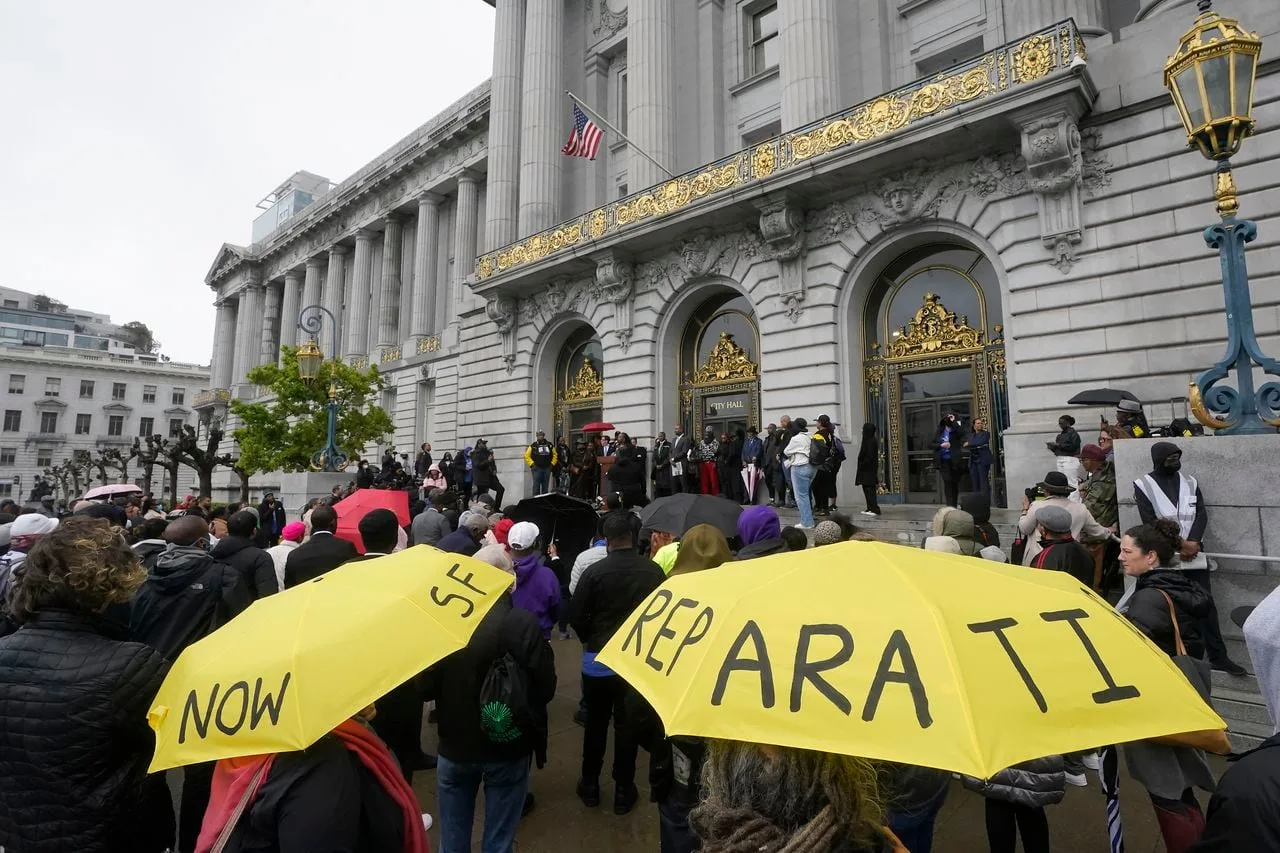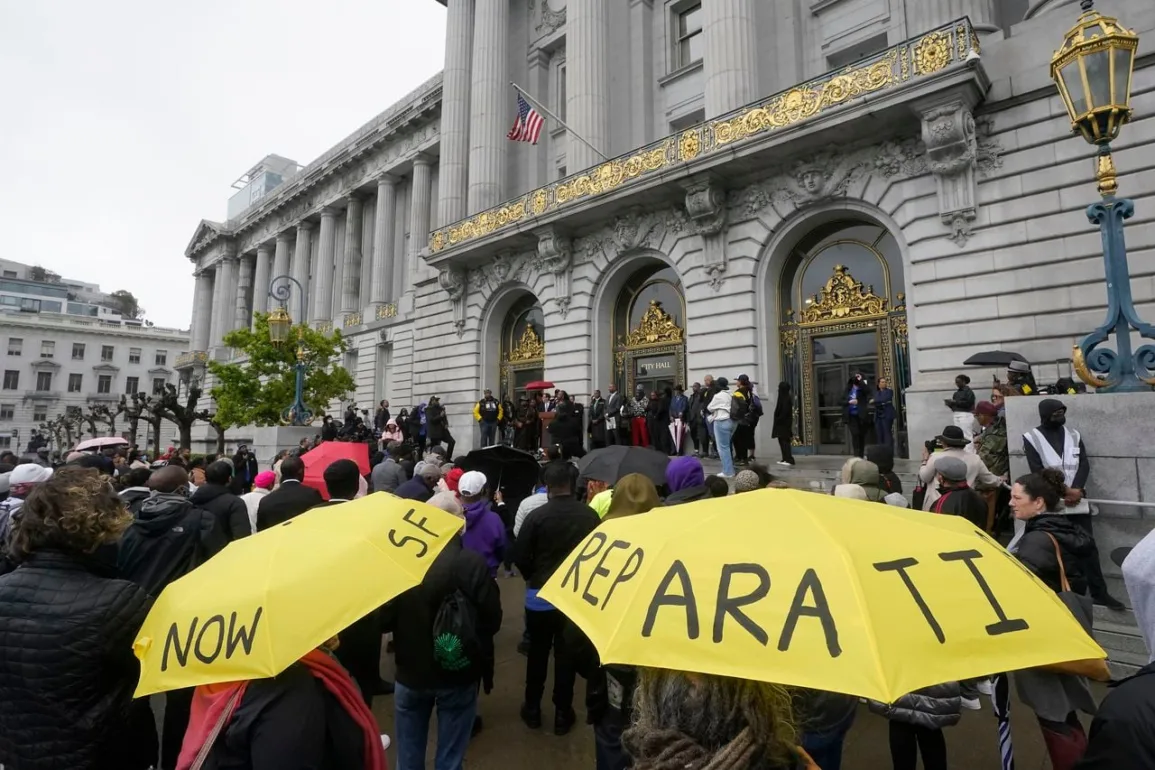
California’s Legislative Black Caucus this week announced a first-of-its kind package of slavery reparation bills, including legislation that would offer a formal apology to the descendants of enslaved people.
The state has led the country in providing restitution to Black Americans for taking their ancestors from their homelands and forcing them into chattel slavery. Fourteen measures focusing on education, civil rights and criminal justice were introduced on Wednesday, according to a release.
“There is no doubt about the far-reaching negative impacts of bigoted laws born from the end of slavery in our country,” Assemblymember Reggie Jones-Sawyer said in an email statement. “These atrocities are found in education, access to homeownership, and to capital for small business startups, all of which contributed to the denial of generational wealth over hundreds of years.”
Calls for slavery reparations have been regaining momentum since last year, with politicians like New York City Mayor Eric Adams expressing support for such legislation. In June, California Gov. Gavin Newsom received the final report and recommendations from the state’s Reparations Task Force, which was created in the wake of George Floyd’s murder to study the lingering effects of slavery on Black American descendants and to recommend policies for restitution.
The report included recommendations to address enslavement, racial terror, unequal education and political disenfranchisement. But since the report was released last year, California politicians have reacted coolly to proposed resolutions.
The bill package introduced this week aims to re-spark the momentum, and includes proposed laws based on the report’s recommendations such as an official apology from the state legislature, financial aid for redlined communities, and protection of natural hair in competitive sports.
“I am pleased that the California Legislative Black Caucus has picked up the baton and is moving the state forward in addressing the recommendations delivered to them seven months ago,” Secretary of State Shirley Weber said in a release. “The nation is waiting for us to lead. And as California always does, we will lead in addressing a delayed justice called reparations.”
Other proposed legislation would prohibit “involuntary servitude” of incarcerated individuals, restrict solitary confinement, increase enrollment of STEM programs in schools, and eliminate barriers to obtaining occupational licenses for people with criminal records.
None of the proposals included cash compensation for descendants of slavery, but one piece of legislation would address unjust seizures of property through discriminatory practices, according to CalMatters.
“While many only associate direct cash payments with reparations the true meaning of the word, to repair, involves much more! As laid out in the report, we need a comprehensive approach to dismantling the legacy of slavery and systemic racism,” Assemblywoman Lori D. Wilson, chair of the California Legislative Black Caucus, said in the release.
Although support for reparations has increased from 15 percent in 2014 to about 30 percent currently, Americans are still hesitant to support the policies. Asian and Latine Californians also largely oppose the measures, according to the Washington Post, and most Black residents, though in favor, are skeptical that they will ever receive restitution.
Advocates for reparations say slavery and racial discrimination have resulted in uniquely debilitating economic, educational and health hardships.
“We will endeavor to right the wrongs committed against Black communities through laws and policies designed to restrict and alienate African Americans,” Jones-Sawyer said. “I, along with the members of the Black Caucus, look forward to working with our legislative colleagues to achieve true reparations and justice for all Black Californians.”
The caucus said all proposed bills in the reparations package will be formally introduced by Feb. 15.


